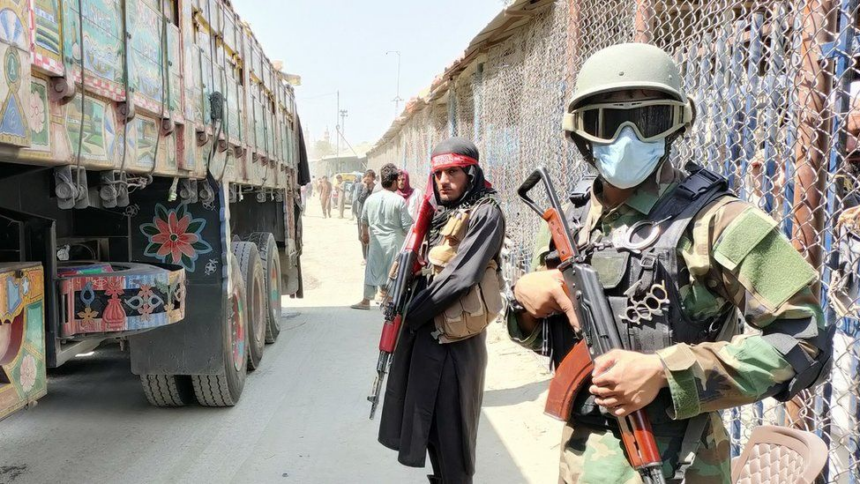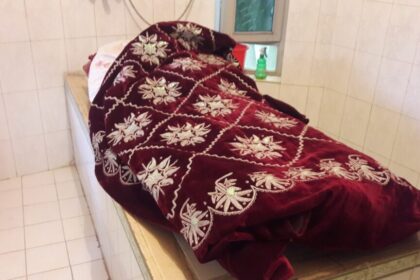RASC News Agency: Corruption within Taliban-controlled institutions has reached unprecedented levels, with administrative efficiency taking a backseat to widespread bribery and nepotism. Reports indicate that officials prioritize personal enrichment over governance, further eroding the integrity of state institutions. Since the Taliban’s return to power, Afghanistan’s governmental and administrative structures have been plagued by deep-rooted inefficiencies. Over the past three years, the group has repeatedly faced accusations of financial misconduct, systematic bribery, and the exploitation of state resources for personal gain. Additionally, former government employees who remained in Taliban-run offices have reportedly been subjected to harassment and humiliation.
Speaking to RASC News, administrative affairs expert Asadullah attributed the surge in corruption to a profound lack of transparency and oversight. “Key financial and policy decisions are made informally, behind closed doors, without accountability. This has emboldened officials to leverage their positions for personal benefit, often coercing citizens into paying bribes for basic services,” he stated. Afghanistanis seeking fundamental government services such as obtaining identification documents, accessing medical care, or processing official requests are increasingly forced to pay bribes, exacerbating frustration and eroding public trust in the Taliban’s governance.
Asadullah further emphasized that the Taliban’s restrictive policies and systemic repression have only worsened institutional corruption. The absence of merit-based hiring, the failure to cultivate professional expertise, and the neglect of administrative efficiency have contributed to the rapid deterioration of governance standards. Despite mounting allegations of financial misconduct, the Taliban continues to deny accusations of corruption, insisting on its commitment to transparency. However, growing public resentment and firsthand accounts from citizens paint a starkly different picture, underscoring the regime’s inability to curb the deepening crisis within its ranks.






